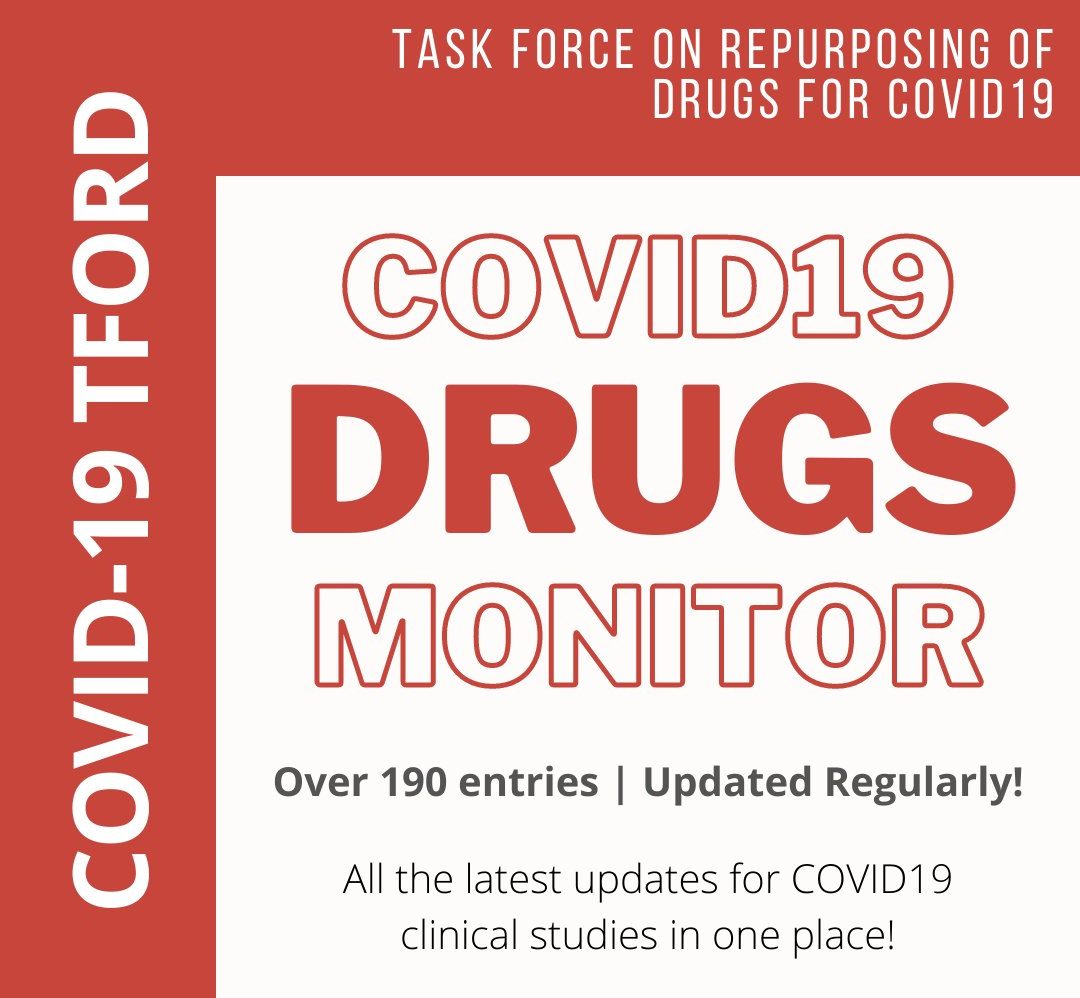(11 Aug 2020) Tocilizumab- associated with reduced CRP, fibrinogen, and temperature
Tocilizumab in hospitalized patients with COVID-19: Clinical outcomes, inflammatory marker kinetics, safety, and a review of the literature
https://doi.org/10.1101/2020.08.05.20169060
A retrospective study of patients admitted to the University of Washington Hospital system with COVID-19 and requiring supplemental oxygen was conducted. Outcomes included clinical improvement, defined as a two-point reduction in severity on a 6-point ordinal scale or discharge, and mortality within 28 days. We used Cox proportional-hazards models with propensity score inverse probability weighting to compare outcomes in patients who did and did not receive tocilizumab. Results We evaluated 43 patients who received tocilizumab and 45 who did not. Patients receiving tocilizumab were younger with fewer comorbidities but higher baseline oxygen requirements. Tocilizumab treatment was associated with reduced CRP, fibrinogen, and temperature, but there were no meaningful differences in Cox models of time to clinical improvement (adjusted hazard ratio [aHR], 0.92; 95% CI, 0.38-2.22) or mortality (aHR, 0.57; 95% CI, 0.21-1.52). A numerically higher proportion of tocilizumab-treated patients had subsequent infections, transaminitis, and cytopenias. Conclusions Tocilizumab did not improve outcomes in hospitalized patients with COVID-19. However, this study was not powered to detect small differences, and there remains the possibility for a survival benefit.
